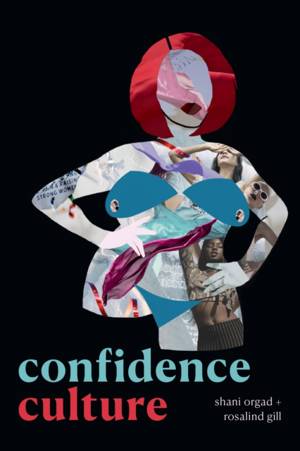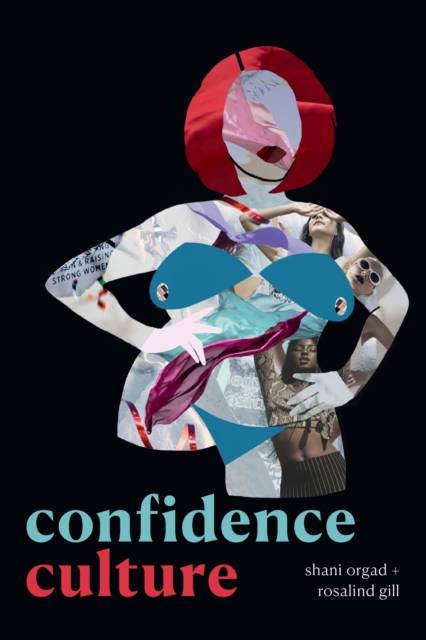
- Afhalen na 1 uur in een winkel met voorraad
- Gratis thuislevering in België vanaf € 30
- Ruim aanbod met 7 miljoen producten
- Afhalen na 1 uur in een winkel met voorraad
- Gratis thuislevering in België vanaf € 30
- Ruim aanbod met 7 miljoen producten
Zoeken
Omschrijving
In Confidence Culture, Shani Orgad and Rosalind Gill argue that imperatives directed at women to "love your body" and "believe in yourself" imply that psychological blocks rather than entrenched social injustices hold women back. Interrogating the prominence of confidence in contemporary discourse about body image, workplace, relationships, motherhood, and international development, Orgad and Gill draw on Foucault's notion of technologies of self to demonstrate how "confidence culture" demands of women near-constant introspection and vigilance in the service of self-improvement. They argue that while confidence messaging may feel good, it does not address structural and systemic oppression. Rather, confidence culture suggests that women--along with people of color, the disabled, and other marginalized groups--are responsible for their own conditions. Rejecting confidence culture's remaking of feminism along individualistic and neoliberal lines, Orgad and Gill explore alternative articulations of feminism that go beyond the confidence imperative.
Specificaties
Betrokkenen
- Auteur(s):
- Uitgeverij:
Inhoud
- Aantal bladzijden:
- 256
- Taal:
- Engels
Eigenschappen
- Productcode (EAN):
- 9781478014539
- Verschijningsdatum:
- 9/02/2022
- Uitvoering:
- Hardcover
- Formaat:
- Genaaid
- Afmetingen:
- 152 mm x 229 mm
- Gewicht:
- 508 g

Alleen bij Standaard Boekhandel
+ 331 punten op je klantenkaart van Standaard Boekhandel
Beoordelingen
We publiceren alleen reviews die voldoen aan de voorwaarden voor reviews. Bekijk onze voorwaarden voor reviews.











